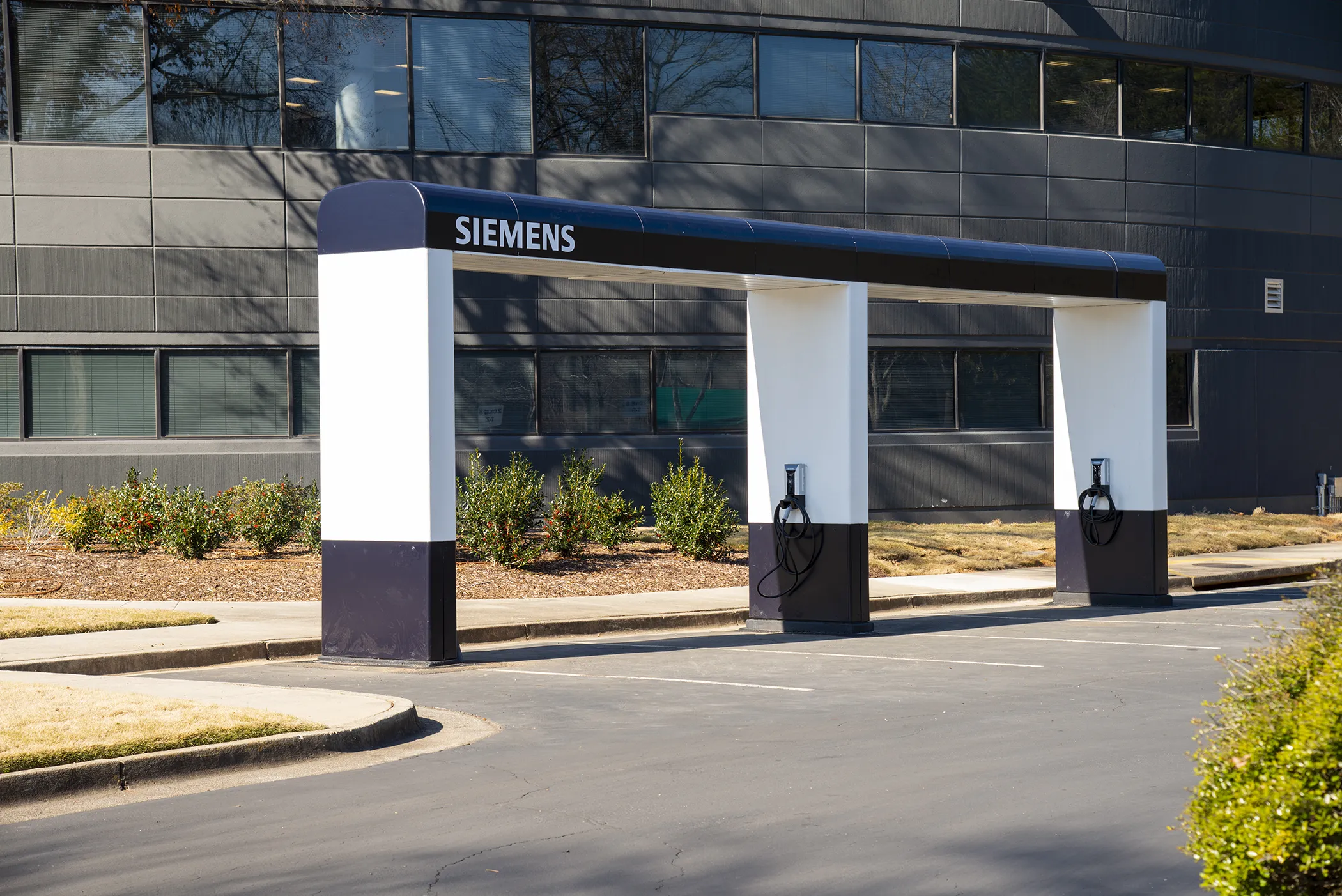Researchers at the University of Auckland, New Zealand, are developing new technology for in-road charging of electric vehicles (EVs). The project, which uses inductive power transfer technology, has recently received US$8.7 million ((NZ$12 million) government funding for the development of in-road pads which would charge EVs driving or parking over them.
The New Zealand government aims to have 64,000 EVs on the country’s roads by 2021, including one third of government vehicles. However, extending the range of electric vehicles is critical to their success but many of the challenges of plug-in cars have proved difficult to solve.
The five-year project builds on technology developed by Professors John Boys and Grant Covic and will tackle requirements such as developing long-lasting charging materials that can survive being driven on and do not degrade road performance.
University of Auckland develops EV in-road charging
Researchers at the University of Auckland, New Zealand, are developing new technology for in-road charging of electric vehicles (EVs). The project, which uses inductive power transfer technology, has recently received US$8.7 million ((NZ$12 million) government funding for the development of in-road pads which would charge EVs driving or parking over them.
September 22, 2017
Read time: 1 min








